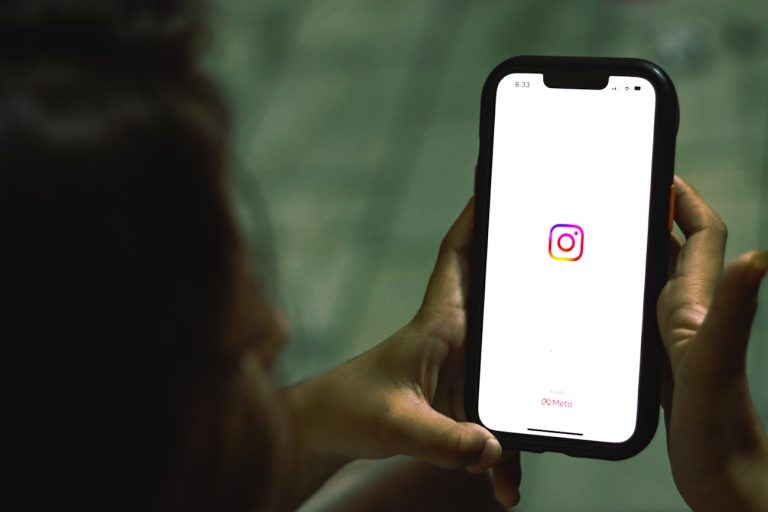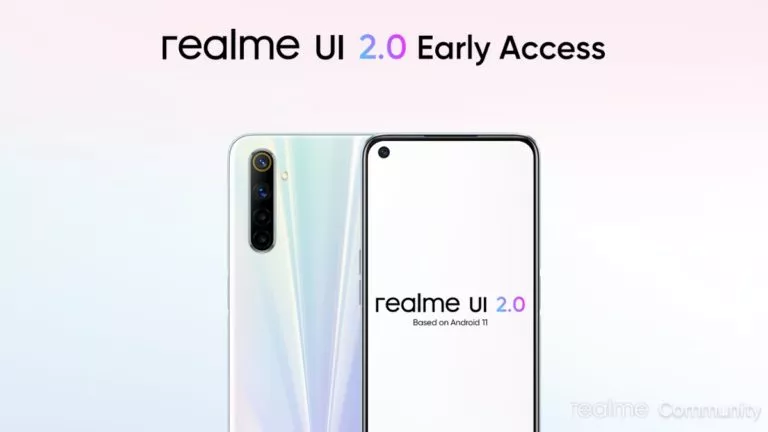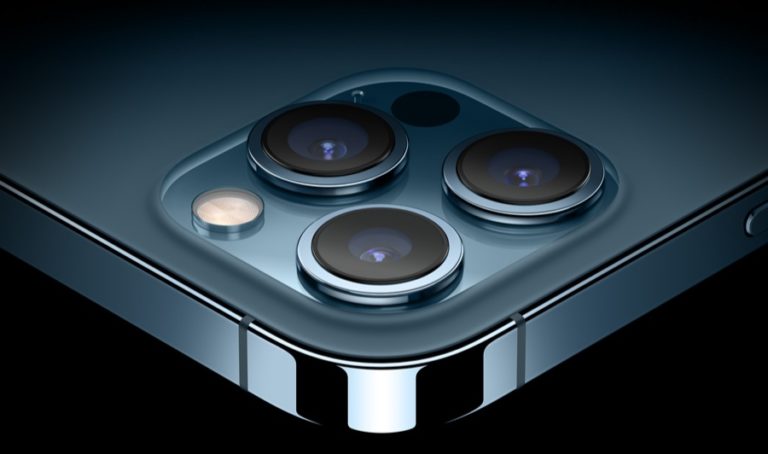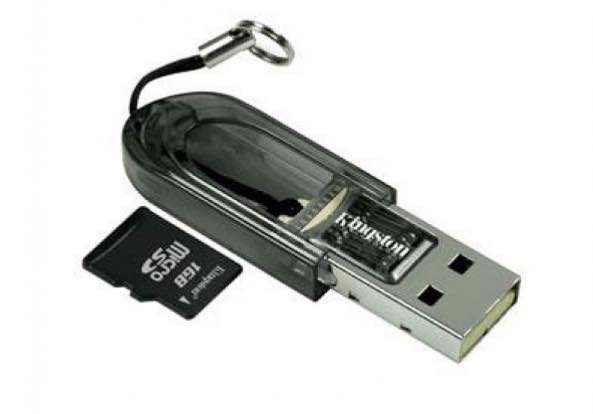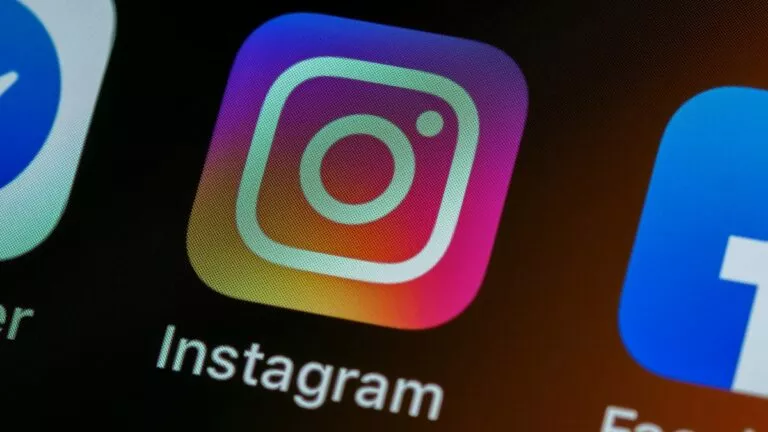How Big Exactly Is 1 Byte, Kilobyte, Megabyte, Gigabyte — Storage Units Explained
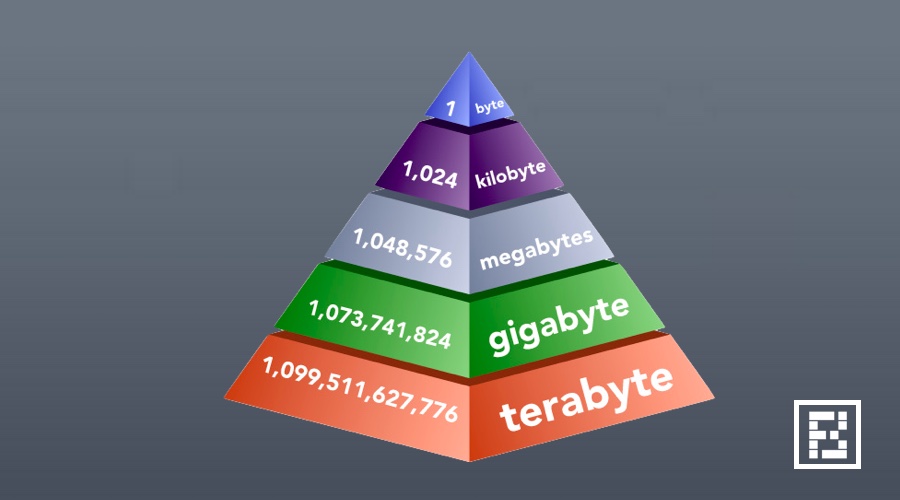
Introduction
Short Bytes: How to feel 1 gigabyte or megabyte of storage in your hands? It can be done by finding how many textbooks they are equivalent of. We have made some calculations to conclude what 1 byte, kilo, megabyte, gigabyte, etc. would actually look like in the real life.
Every thing in the world could be measured using some parameter. Like 1 liter of milk or 1 kilogram of sugar, etc. What about the things which we can’t feel and touch with our hands? Human emotions are one such thing, but in this article I’m talking about the data stored in your computer.
You just know, how much is 1 GB of memory. But you can’t actually hold it in your hands. Doing this involves a simple but lengthy calculation before you can conclude with the physical feel of computer memory.
Let’s start with the basic:
1. bit
It is the smallest measurement of computer memory. A bit can be either 0 or 1.
2. byte
8 bits make up a byte which is considered as a basic memory unit when calculating storage size.
One character of the alphabet series can be assumed as 1 byte. fossBytes is made up of 9 alphabet characters, so, it will be 9 bytes in size when typed on a computer. You can type it on a paper to feel it on your hands.
3. kilobyte
1,024 bytes make up a kilobyte or KB.
Assume a 100-word paragraph with each word containing 5 characters. So, 1 KB would represent approximately two paragraphs.
4. megabyte
1,048,576 bytes or 1024 kilobytes make up a megabyte or MB
So, continuing our paragraph measurement, 1 MB or 1,048,576 bytes would be around:
- 2,097 paragraphs of 100 words.
- A book of 419 pages each having 5 such paragraphs i.e. 2500 characters/page.
5. gigabyte
1,073,741,824 bytes or 1024 megabytes make up a gigabyte or GB. So, it’ll be:
- 429,497 pages containing text only.
- 859 books of 500 pages each.
- 682 images of 1.5 MB each.
- 204 songs of 5 MB each.
6. terabyte
1,099,511,627,776 bytes or 1,024 gigabytes make up a terabyte or TB. It is:
- 439,804,651 pages of 5 paragraphs of 100 words each.
- 879,609 books of 500 pages each.
- 64 pen drives of 16 GB each.
- 699,050 images of 1.5 MB each.
- 209,715 songs of 5 MB each.
After terabyte, further storage sizes are:
- Petabyte (PB): 1,125,899,906,842,624 bytes
- Exabytes (EB): 1,152,921,504,606,846,976 bytes
- Zettabyte (ZB): 1,180,591,620,717,411,303,424 bytes
- Yottabyte (YB): 1,208,925,819,614,629,174,706,176 bytes
You can use your calculator to do further calculations.
Data limits beyond terabyte have not been exhausted at the consumer level. However, corporate organizations like Google might have crossed the Exabyte mark by a multiple of 8 or 10 because it houses some of the biggest data centers in the world.
Commons Confusions:
The KB — KiB confusion
One common misconception among people is that they think 1 Megabyte (MB) = 1,024 Kilobyte (KB), but it is not. 1 MB = 1,000 KB.
The binary conversion,
1,024 bytes = 1 KiB (KibiByte), 1024 KiB = 1 MiB (MebiByte), and so on.
The decimal conversion,
1,000 bytes = 1 KB (KiloByte), 1,000 KB = 1 MB (MegaByte), and so on.
In this article, I have inclined myself to what is normally assumed i.e. 1 KB = 1024 bytes. Sticking to the actual conversion would lead to more confusions.
Storage companies use the decimal conversion, 1 KB =1000 bytes. So, the above calculations will be different if we take the original KB into consideration. For example, a DVD of 4.7GB = 4700 MB.
The operating system in our computers compute the file size in KiB and MiB but display it in KB. This creates confusion. That’s the reason your pen drive appears to be smaller in size in the properties in Windows OS. It shows 1,048,576 bytes = 1 MB which is actually 1 MiB. Apple started using 1,000,000 bytes = 1MB conversion as a standard with the release of OS X 10.6.
The KB — Kb confusion
Another confusion is between b and B. When we write KB, it’s Kilobyte and for Kb, it’s Kilobit. The ‘bit’ is used when we talk about network speed. For example, 500 Kbps. The Byte is used when we talk about computer memory size. For example, 500 KB.
This confusion damaged our brain cells. In fact, you can forget all the stuff I have explained above if it’s going over your head and continue to believe what you’ve believed till now.
We are humans and humans make mistakes. If you find any discrepancy in the calculations, please let us know.
Also Read: 32-Bit Vs 64-Bit Windows OS: What Is The Difference? How To Choose?

